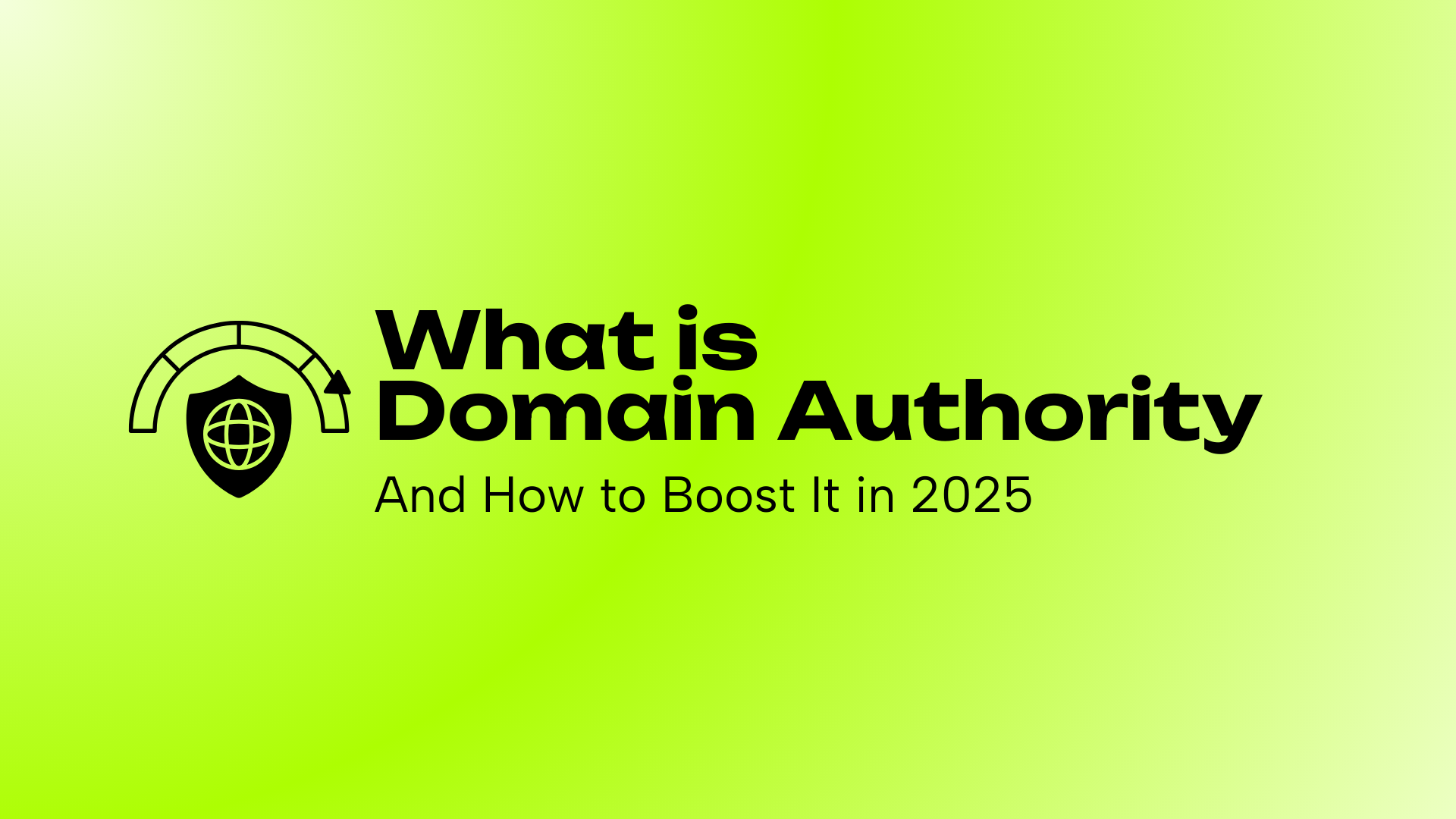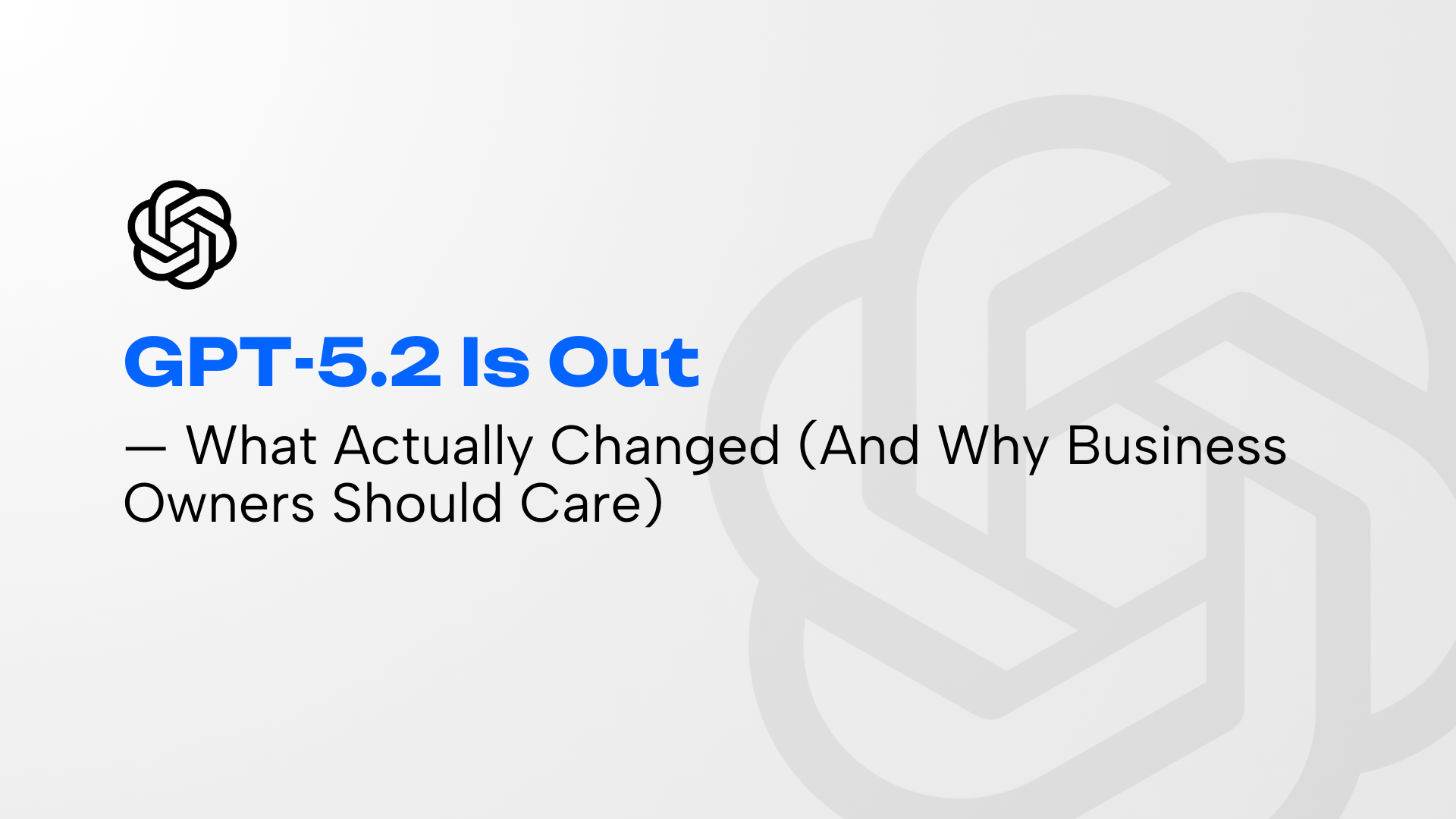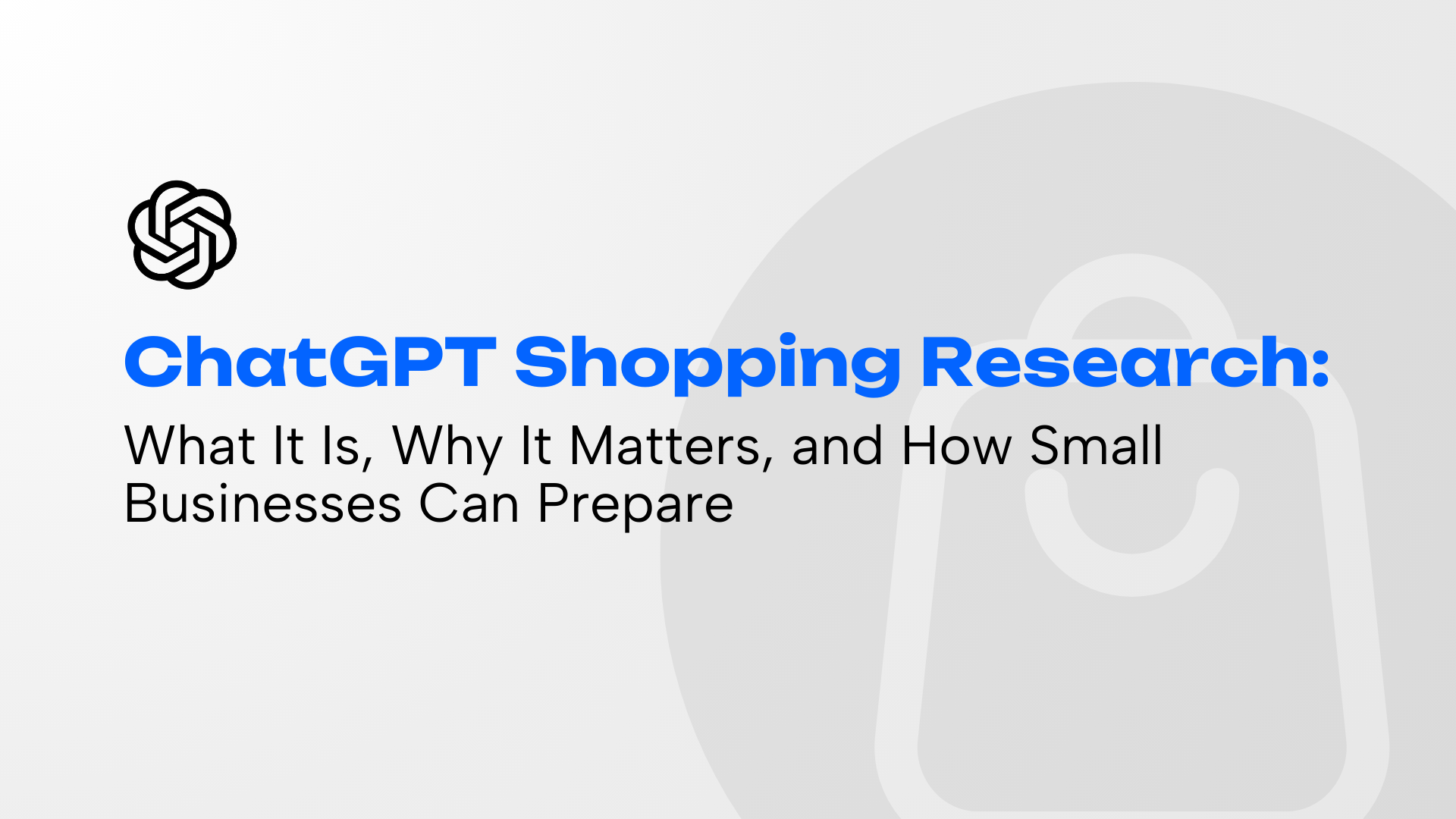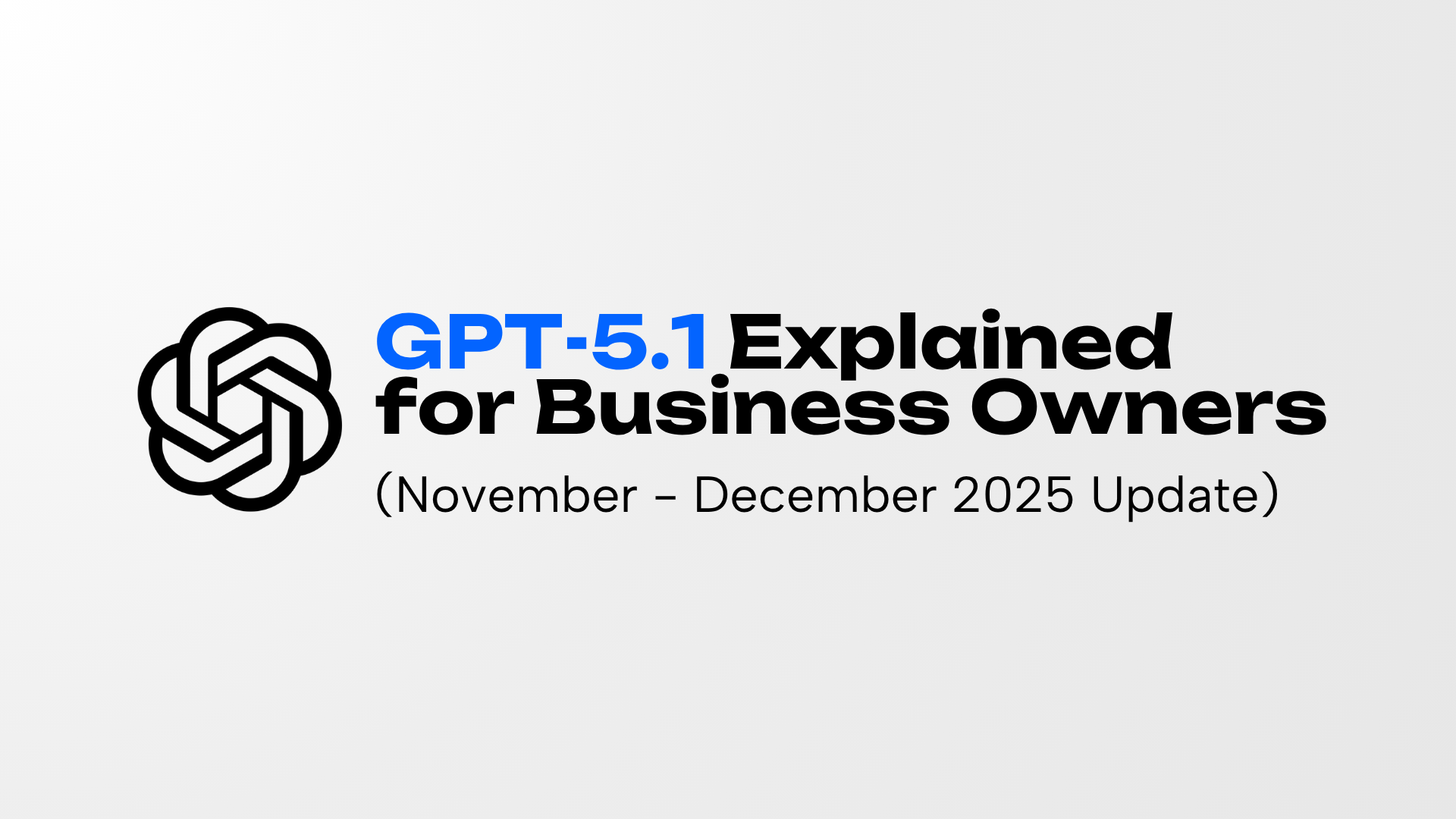What is Domain Authority, Domain Rating, and Domain Score - and How to Boost It in 2025

They are not official Google metrics. Google does not use DA or DR directly in ranking. Instead, these scores are proxies, built on factors like backlinks, linking domains, and overall site credibility.
Still, they matter because:
- High DA/DR websites tend to rank more easily.
- Journalists, PR platforms, and businesses often check these scores when deciding whether to link to you.
- They’re used as benchmarks to track your SEO progress.
Key Differences Between DA, DR, and Domain Score
- Domain Authority (DA) → Moz’s metric, scored from 1–100.
- Domain Rating (DR) → Ahrefs’ metric, also 1–100, focusing heavily on backlink quality.
- Authority Score / Domain Score → SEMrush’s version, similar concept but with extra weighting for organic traffic.
Important: All three try to estimate how “authoritative” your site looks to search engines - but they use different formulas.
How Are These Scores Calculated?
Each provider uses slightly different data, but the main factors include:
- Backlinks
→ Number of websites linking to you.
- Referring domains → Unique sites that link (quality matters more than raw volume).
- Link quality → Links from relevant, trustworthy sites weigh more than random directories.
- Link profile balance → A natural mix of do-follow, no-follow, branded, and anchor text links.
- Organic performance → For SEMrush’s score, actual search traffic also matters.
Why Do They Matter for Your Business?
- If you’re pitching journalists, many will check your DA before linking.
- Partnerships, guest posting, and queries often filter by DA thresholds.
- A higher score → higher chance of ranking → more traffic → more leads.
So even though DA/DR are “third-party” numbers, they influence real opportunities.
How to Boost Domain Authority (the Right Way)
Here are practical, beginner-friendly strategies:
1. Get High-Quality Backlinks
Focus on links from trusted, relevant sites. One good backlink beats 50 spammy ones.
2. Build Linkable Assets
Create content people actually want to reference:
- Original research or case studies
- Practical guides or checklists
- Data visualisations or calculators
3. Leverage Brand Mentions
Even without links, brand mentions build authority. Aim for press, directories, and niche listings.
4. Fix Technical SEO
Make sure your site is crawlable, fast, mobile-friendly, and not blocked by errors. DA won’t rise if search engines can’t trust the basics.
5. Consistency Matters
Authority builds slowly. Publishing 1 quality piece a week will outlast 100 rushed posts.
Common Myths About Domain Authority
- Myth 1: DA = Google Ranking Factor → False. It’s a third-party estimate, not Google’s formula.
- Myth 2: You need DA 50+ to rank → False. Many low-DA sites outrank big players with niche, well-optimised content.
- Myth 3: Buying backlinks boosts DA fast → Risky. Google penalises manipulative link schemes.
Final Thoughts
Domain Authority, Domain Rating, and Domain Score are not the final word on SEO.
But they’re useful signals - and the higher they go, the easier it becomes to rank, attract backlinks, and get noticed.
The good news: you don’t need to chase numbers.
Focus on building credibility, useful content, and natural backlinks - the score will follow.
Quick FAQ:
What is Domain Authority?
Domain Authority (DA) is a Moz metric (1–100) estimating how likely a site is to rank based on backlinks and overall trust.
What is Domain Rating?
Domain Rating (DR) is Ahrefs’ 1-100 score focused on the strength of your backlink profile and referring domains.
Is Domain Authority used by Google?
No. It’s a third-party estimate, not a Google ranking factor - but it correlates with better visibility and is used as a benchmark.
How can I increase my DA?
Earn quality backlinks, publish linkable assets, fix technical SEO, and build brand mentions. Avoid buying spammy links.
Does a higher DA guarantee rankings?
No. Higher DA helps, but targeted content and strong on-page SEO can outrank bigger sites.
Ready to Grow Your Business?



This is Ervins
and Peter
and Katerina
Whether you're just starting out or scaling up, we help businesses like yours stand out, attract clients, and generate real results.





